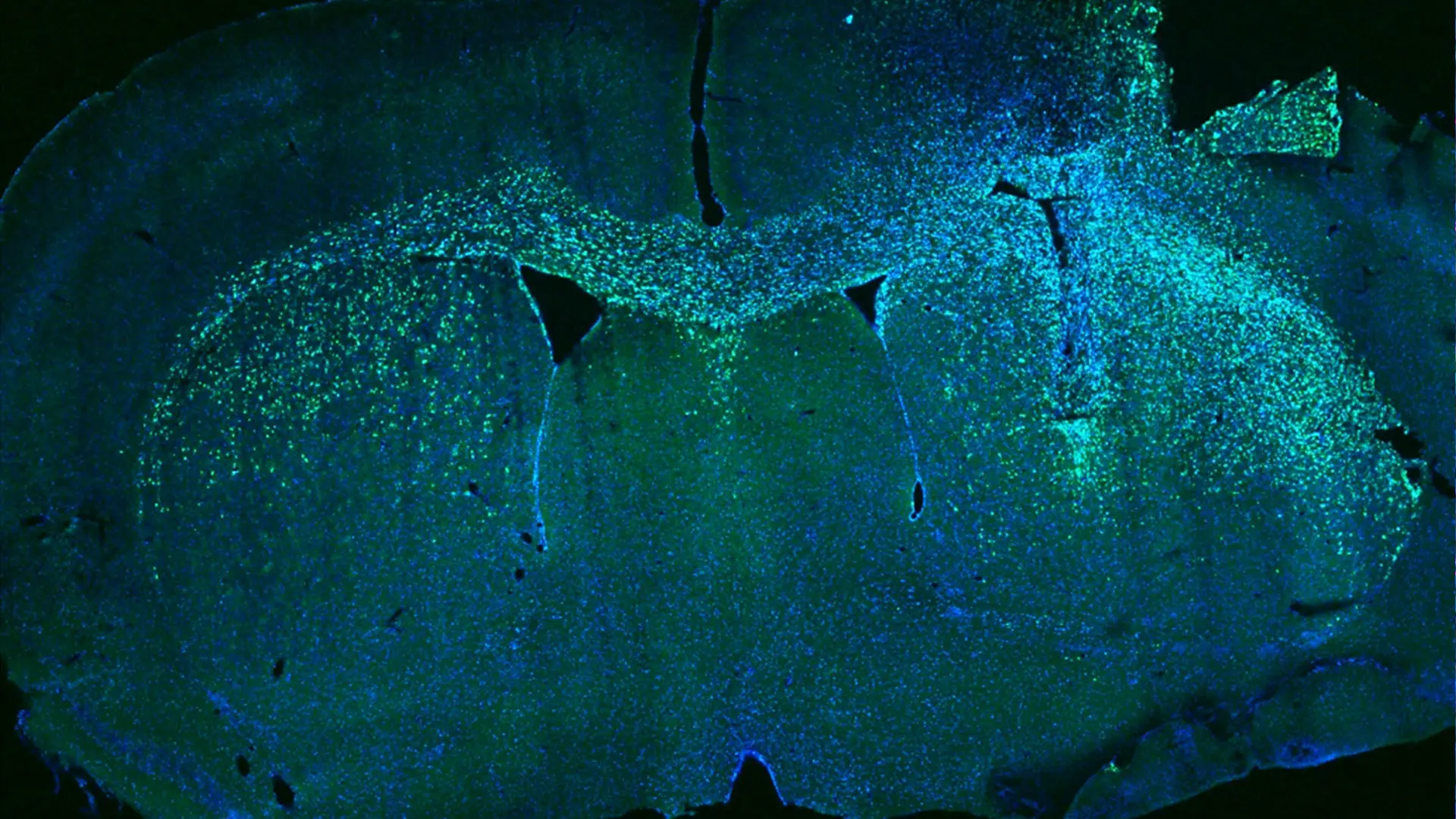Significantly, we have finalized numerous faculty recruitments to the constituent departments of The Friedman Brain Institute (FBI), and our faculty and trainees are continuing to demonstrate national and international prominence.
One of our senior faculty members, Ian Maze, PhD, who received his PhD in
neuroscience at Mount Sinai more than a decade ago, was just elected as a Howard Hughes Medical Institute (HHMI) Investigator.Our Department of Neuroscience is ranked No. 2, and Psychiatry, No. 5 in National Institutes of Health funding.
Our Neurology & Neurosurgery clinical departments are ranked No. 10 in the nation by U.S. News & World Report.
Newsweek, which lists each specialty separately, ranked Mount Sinai’s Department of
Neurosurgery at No. 8 and Mount Sinai’s Department of Neurology at No. 11 among
the world’s best hospitals.
These are very good times indeed for Mount Sinai’s neuroscience community.
This newsletter highlights our recent efforts in brain cancer, which remains one of the most-deadly forms of cancer, with few improvements in treatment seen over the past several decades. The poor survival data for individuals with brain cancer underscore the importance of better defining the heritable and somatic mutations that lead to different forms of brain cancer, and the nongenetic factors that contribute to disease pathogenesis.
A particular challenge is defining the heterogeneity of brain cancers—why does even the same type of brain cancer differ so much at the cellular and molecular levels from patient to patient? Another challenge is understanding why the cancers spread so readily within the brain, and why they are so difficult to eradicate. However, today there is optimism that a better appreciation of the complex pathophysiologies of brain cancers—in particular identifying features specific for a given patient—will yield improved treatments that will extend quality life.
We have made tremendous progress in building a wide ranging basic-to-clinical-to-community effort in brain cancer that spans numerous departments under the joint auspices of FBI and the Mount Sinai Tisch Cancer Center.
Eric J. Nestler, MD, PhD
Nash Family Professor of Neuroscience
Director, The Friedman Brain Institute
Dean for Academic and Scientific Affairs
